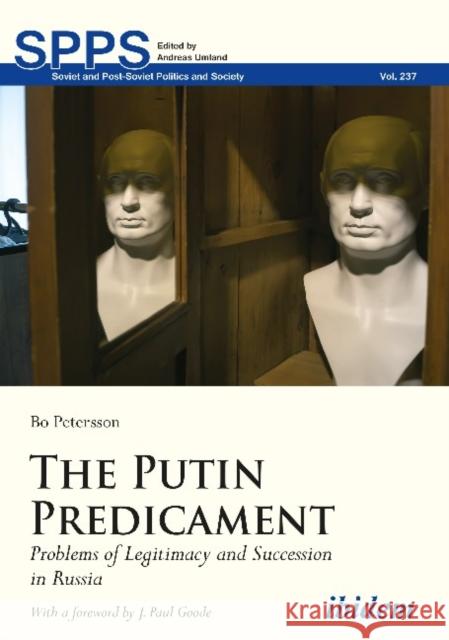The Putin Predicament: Problems of Legitimacy and Succession in Russia » książka
topmenu
The Putin Predicament: Problems of Legitimacy and Succession in Russia
ISBN-13: 9783838210506 / Angielski / Miękka / 2021 / 200 str.
Kategorie BISAC:
Wydawca:
Ibidem Press
Seria wydawnicza:
Język:
Angielski
ISBN-13:
9783838210506
Rok wydania:
2021
Numer serii:
000477147
Ilość stron:
200
Waga:
0.25 kg
Wymiary:
20.83 x 14.48 x 1.78
Oprawa:
Miękka
Wolumenów:
01











